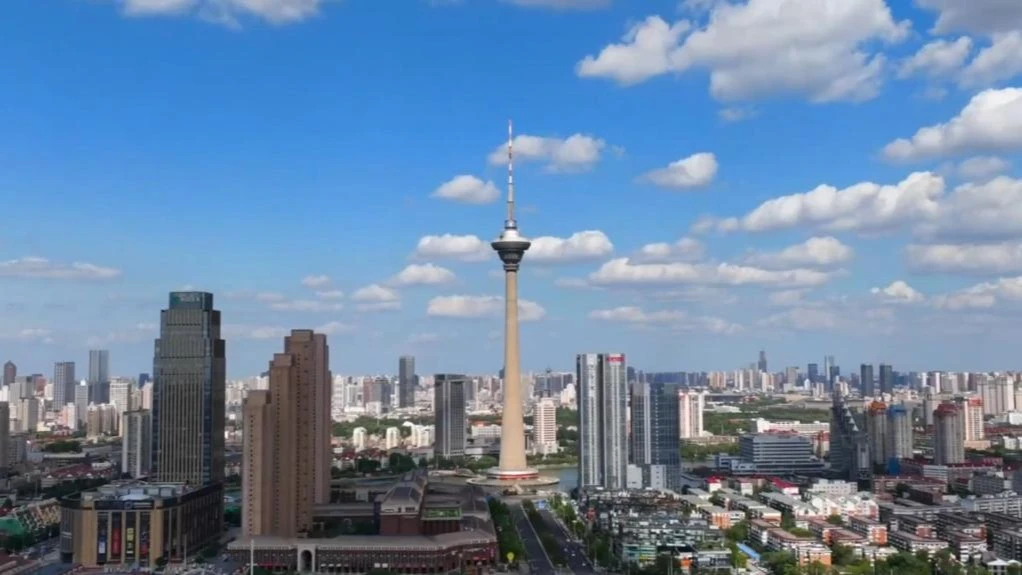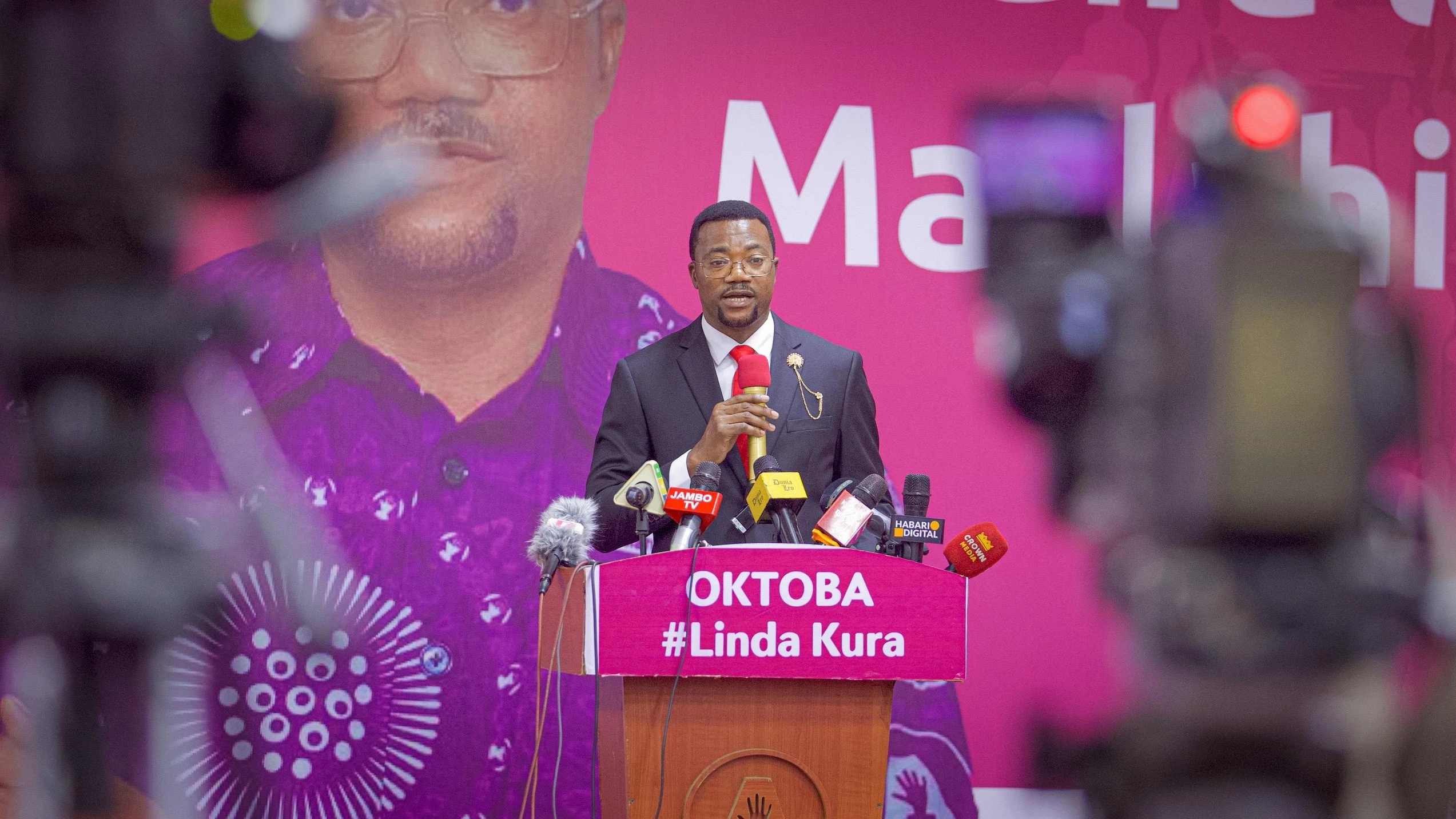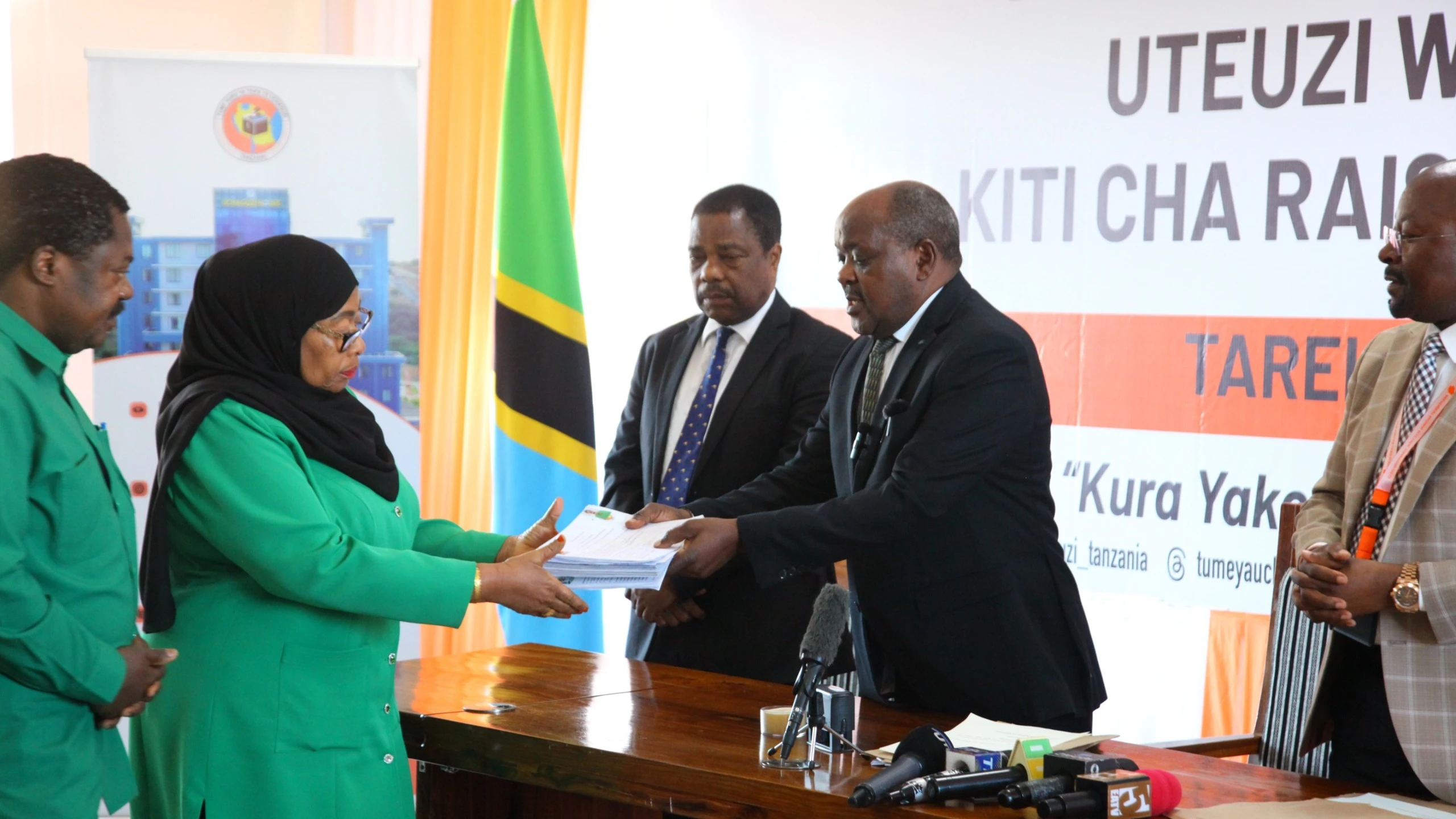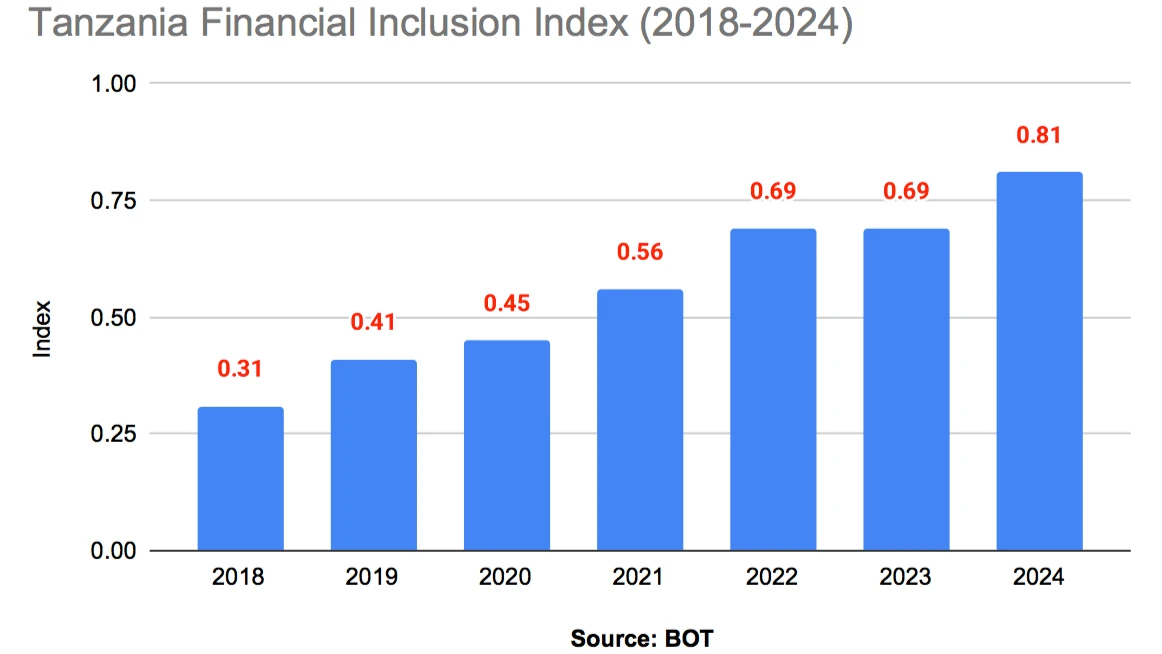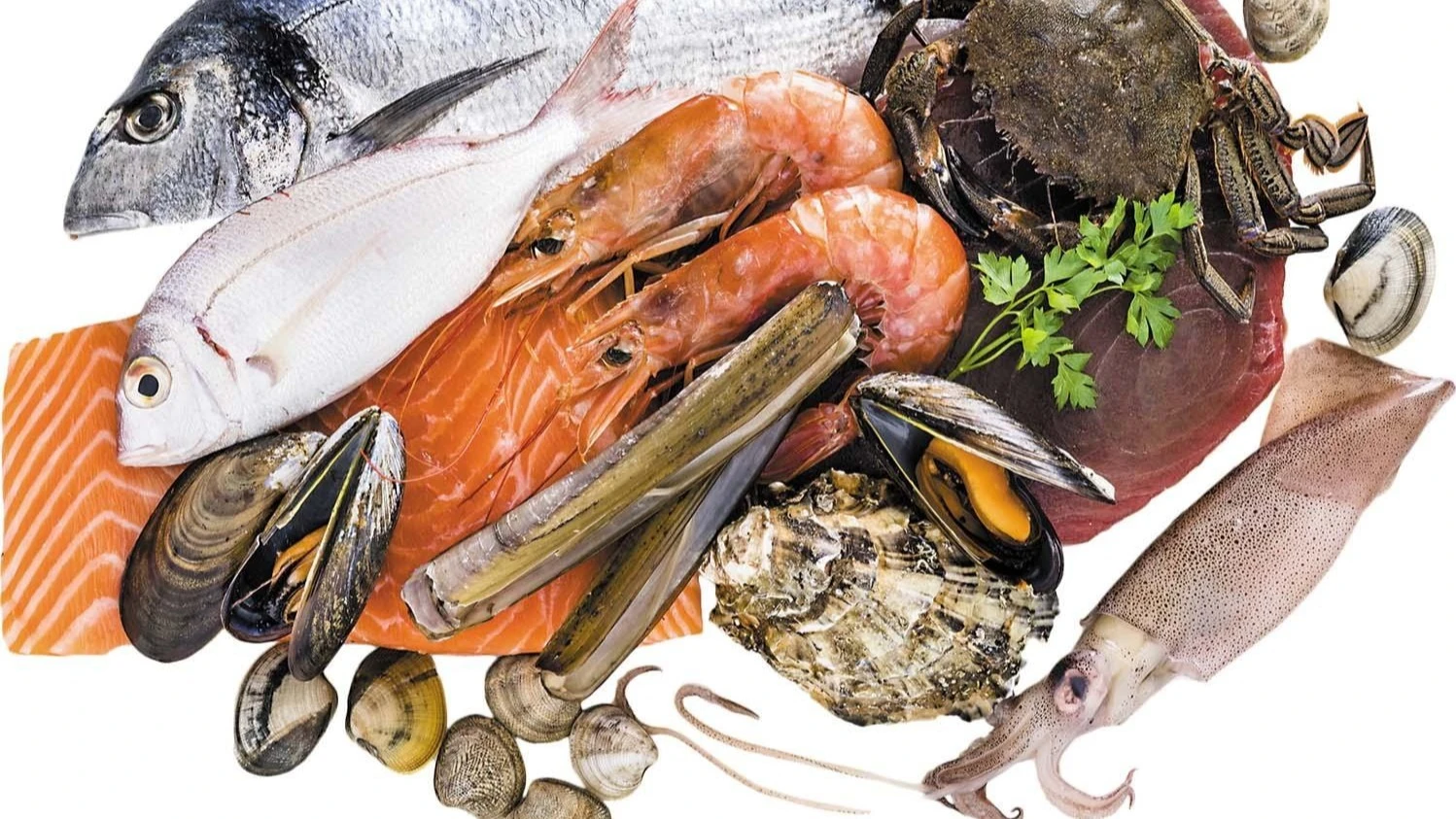Exports of manufactured goods hit $1.4bn

The earnings from exported manufactured goods have continued to expand, after the latest Bank of Tanzania (BOT) showing that during the year ended in June, local manufacturers pocketed a total of $1.4 billion, an increase from $1.3 billion recorded during the year ended in June 2024.
This trend is cementing the country’s progress towards industrialization agenda, as manufacturing is the key component of the larger industrial sector.
Provisional data show that the largest growth of exports earning was recorded in iron and steel, plastic items, fertilisers and edible oil, while the cement exports recorded the downward trend.
According to data, jointly released by BoT and Tanzania Revenue Authority (TRA), exports of iron and steel more than doubled to $169.6 million compared to $77.2 million recorded during the year ended in June 2024.
Available data shows the country now has 19 major steel industries with a combined production capacity of 1.2 million tonnes per year, which is double the internal annual demand of 600,000 tonnes.
The significant growth in production has shifted the country from a heavy reliance on imported steel to a position of self-sufficiency. This is seen as a "game-changer" for the country's infrastructure and industrial development.
Exports of edible oil, also recorded significant growth of earnings as also more than doubled to $49.4 million from $24.3 million recorded during the year ended in June 2024.
While the country is a net importer of edible oil, the government has been encouraging exports to earn foreign exchange.
In June 2023, for example, the Tanzanian embassy in Cuba secured a market for 270,000 liters of sunflower and soya oil to be exported every month.
The central bank report also shows the exports of fertilizer also recorded similar trend after more than doubled to $77.5 million from $38.5 million.
Other manufactured goods which recorded the increased earnings trends were ceramic products, which amounted to $30.5 million from $21.9 million, cosmetics to $49.4 million from $37.8 million respectively.
However, the earnings from exported cement, declined to $28.1 million, the lowest in five years from $38.6 million recorded during the previous year, while exports earnings from exported glassware grew to $95.5 million from $73 million.
The exports of paper and paper products also more than doubled in earnings as during the year ended in June, the country earned a total of $39.2 million from $19.5 million, while earnings from exported plastic items amounted to $76.8 million from $39.4 million.
Textile industry, also recorded an increased exports earnings to $96.9 million from $76.3 million respectively.
Tanzania's manufacturing sector is a key pillar of the government's long-term development strategy, which aims to transform the country into a semi-industrialized, middle-income economy by 2025.
The contribution of manufacturing to Tanzania's GDP has shown a mixed trend in early 2025. In the first quarter of 2025, it experienced a slight decrease to 3,165,549m/- from 3,330,748m/- in the fourth quarter of 2024, according to NBS.
The government's ambitious Integrated Industrial Development Strategy 2025 aims for the industrial sector as a whole to contribute at least 40 percent of the GDP, with manufacturing being a primary driver.
The strategy aims to create a business and investment environment that is internationally competitive. This involves simplifying regulations, reducing bureaucratic hurdles, and providing a stable policy framework to attract both local and foreign investment.
A central tenet of the strategy is to add value to Tanzania's abundant natural resources, rather than simply exporting raw materials. This includes leveraging the country's agricultural produce, minerals, and natural gas to develop a robust manufacturing base.
Tanzania's participation in regional trade blocs like the East African Community (EAC) and the Southern African Development Community (SADC), along with its engagement in the African Continental Free Trade Area (AfCFTA), is expected to provide larger market access and boost demand for its manufactured goods.
Economists say the future of Tanzania's manufacturing sector is seen as a key engine for achieving sustainable economic development, with a strong focus on attracting investment, improving the business environment, and building industries that are both competitive and integrated into regional and global value chains.
Top Headlines
© 2025 IPPMEDIA.COM. ALL RIGHTS RESERVED












